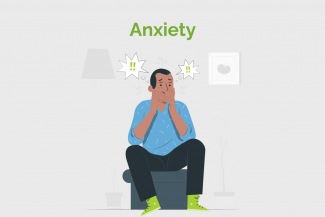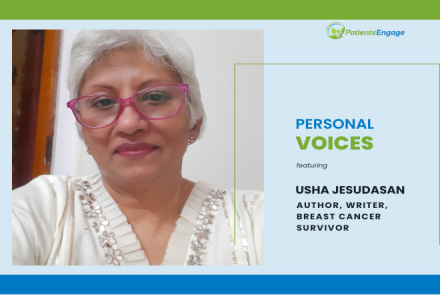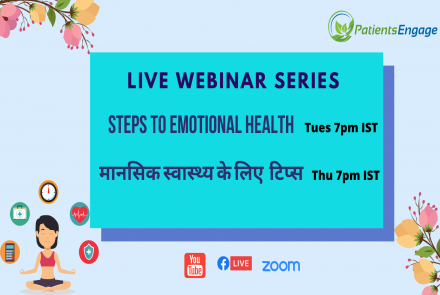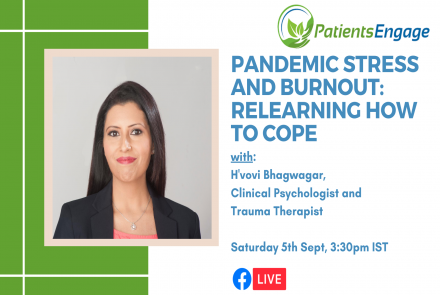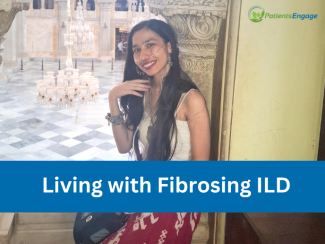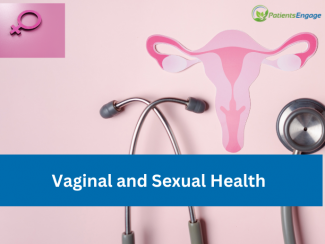
There are different types of anxiety. The six most common anxiety disorders are:
Generalised anxiety disorder (GAD): A person feels anxious on most days, worrying about lots of different things, for a period of six months or more. If patients have GAD, they can feel worried all the time and this can seem out of control. They may feel this way though there is no real reason for worry. Patient might feel ‘on edge’ and very alert to surroundings a lot of the time.
This can affect day-to-day life. For example, the patient might find that it affects ability to work, travel or even leave the house. They get tired easily or have trouble sleeping or concentrating. Patients may also experience physical symptoms, such as muscle tension, sweating, feeling sick, stomach cramps (or ‘butterflies’) and a fear of fainting.
It is common to have other conditions such as depression or other anxiety disorders if GAD is present. It can be difficult to diagnose because it does not have some of the more noticeable symptoms of other anxiety disorders.
Social phobia: A person has an intense fear of being criticized, embarrassed or humiliated, even in everyday situations, such as speaking publicly, eating in public, at work or making small talk.
Specific phobias: A person feels very fearful about a particular object or situation and may go to great lengths to avoid it, for example, having an injection or travelling on a plane. There are many different types of phobias.
Obsessive compulsive disorder (OCD): A person has ongoing unwanted/intrusive thoughts and fears that cause anxiety. Although the person may acknowledge these thoughts as silly, they often try to relieve their anxiety by carrying out certain behaviours or rituals. For example, a fear of germs and contamination can lead to constant washing of hands and clothes.
Post-traumatic stress disorder (PTSD): This can happen after a person experiences a traumatic event (e.g. war, assault, accident, disaster). It can develop a short time after the event, or sometimes months or years later. Symptoms can include difficulty relaxing, upsetting dreams or flashbacks of the event and avoidance of anything related to the event. PTSD is diagnosed when a person has symptoms for at least a month. Types of situations that can cause PTSD include:
- Being a victim of serious violent crime
- Witnessing a violent attack on someone else
- Witnessing a death
- Being involved in military combat
- Situations working for the emergency services
- Surviving a severe accident, such as a road traffic accident
- Being held hostage
- Experiencing natural disasters, such as an earthquake
Panic disorder: A person has panic or anxiety attacks, which are intense, overwhelming and with often uncontrollable feelings of anxiety combined with a range of physical symptoms. A person having a panic attack may experience shortness of breath, chest pain, dizziness and excessive perspiration. Sometimes, people experiencing a panic attack think they are having a heart attack or are about to die. An attack usually lasts from 5 to 20 minutes. But it may last even longer, up to a few hours. You have the most anxiety about 10 minutes after the attack starts. If a person has recurrent panic attacks or persistently fears having one for more than a month, the person is said to have panic disorder.
Symptoms of panic/anxiety attacks include:
• Surge of overwhelming panic
• Feeling of losing control or going crazy
• Heart palpitations or chest pain
• Feeling like you’re going to pass out
• Trouble breathing or choking sensation
• Hyperventilation
• Hot flashes or chills
• Trembling or shaking
• Nausea or stomach cramps
• Feeling detached or unreal
Many people with anxiety experience symptoms of more than one type of anxiety disorder, and may experience depression as well. It is important to seek help early. Symptoms may not go away without treatment. If they are left untreated, they can start to take over the person’s life. Not only can anxiety affect the person with the disorder, but it can also affect the people close to them. As with depression, untreated anxiety can contribute to serious relationship and family problems, difficulty finding and holding down a job, and drug and alcohol problems

